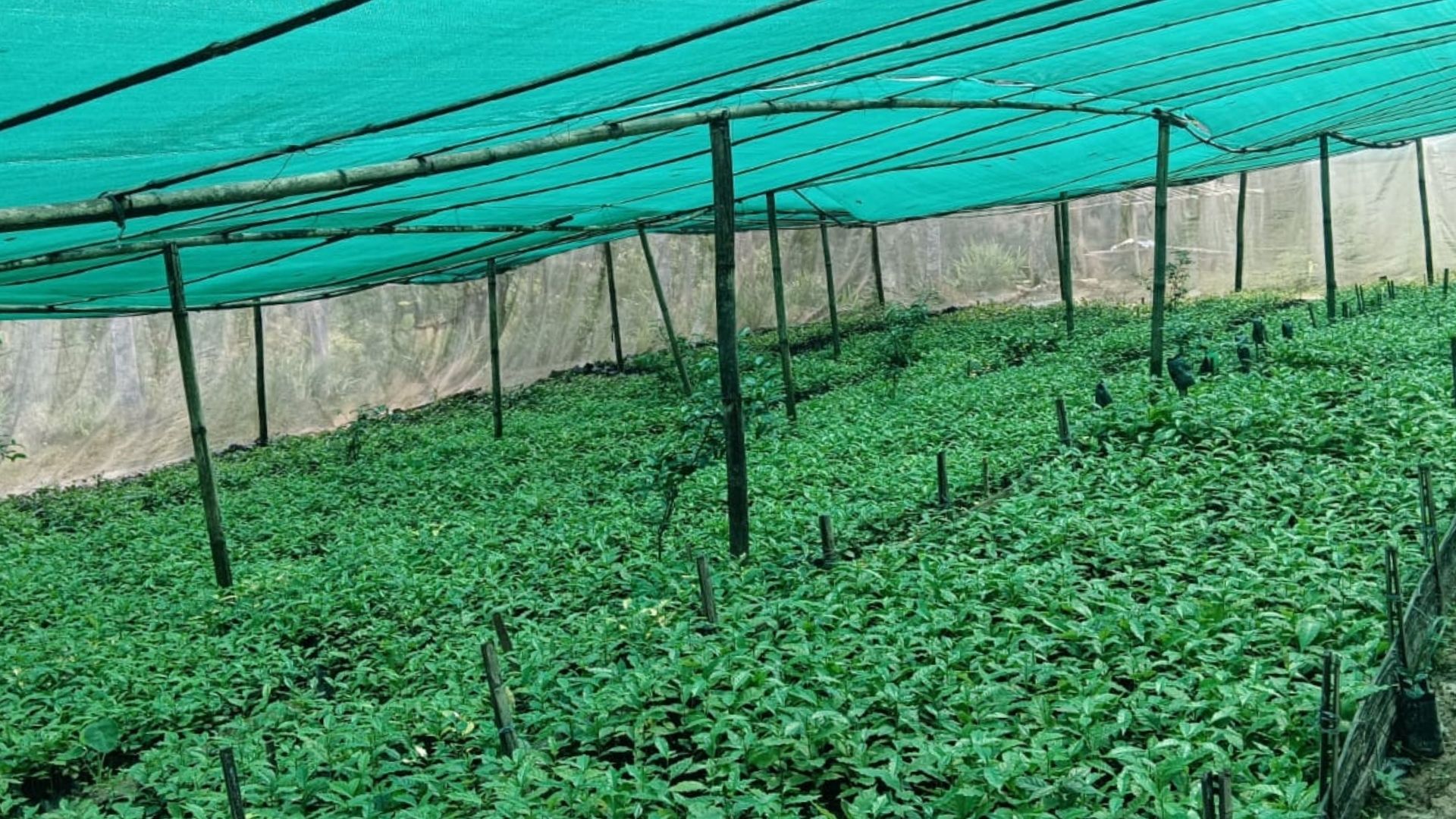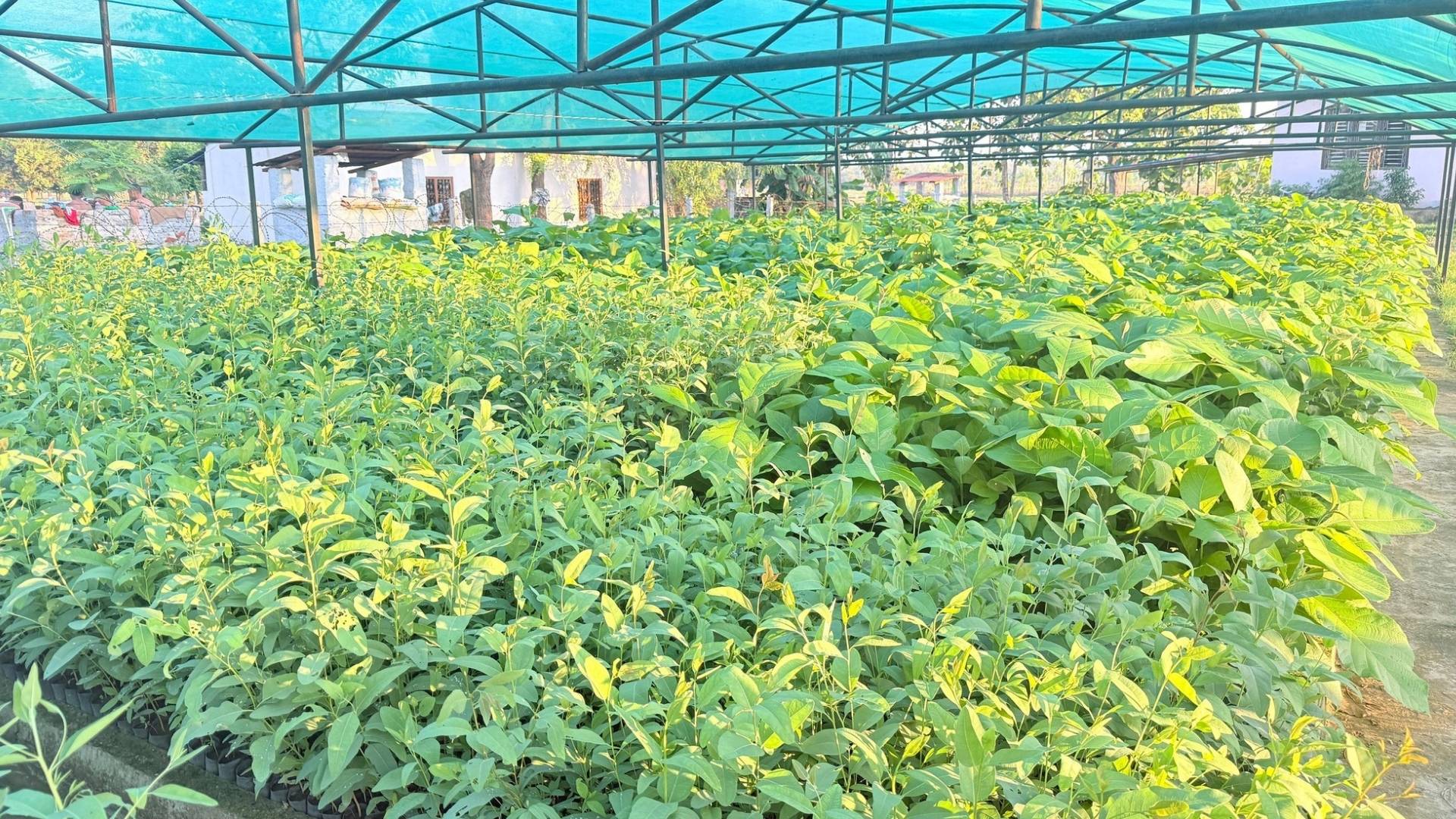The Industrial Enterprises Act governs industrial activities and provides incentives and provisions for industrial enterprises operating within Nepal. It aims to promote industrialization, attract investment, and facilitate the growth and development of industries.
It covers various aspects such as industrial registration, incentives, licensing, foreign investment, labor provisions, environmental standards, and dispute resolution related to industrial enterprises. It plays a significant role in regulating and supporting industrial activities in Nepal.
The Industrial Enterprises Act, 2020 (2076 BS) sets eligibility criteria for registration as an industry in Nepal based on the investment in fixed assets or annual turnover. The specific criteria for each category are as follows:
Micro Industry:
- Other than the industry providing permission under section 8.
- Investment in fixed assets: Up to NPR 2 million (excluding land and building).
- Annual transition: Up to NPR 10 million.
- Maximum of 9 workers.
- Consumption capacity of electricity energy, fuel, or oil engine: Up to 20 KW.
Cottage Industry:
- Industry based on traditional skills and technology or mentioned in Schedule 2.
- Labor-oriented, specific skills, or local – raw materials, technology, arts, or culture.
- Consumption capacity of electricity energy, fuel, or oil engine: 50 KW.
Small Enterprise:
- Investment in fixed capital: Up to NPR 150 million.
Medium-sized Enterprise:
- Investment in fixed capital: From 150 million to 500 million.
Large Enterprise:
- Investment in fixed capital: More than 500 million.
The Act differentiates industries based on their sectors, such as manufacturing, energy, agriculture and forest products, tourism, mining, infrastructure, information and technology, and others. The Act, along with its associated schedules and regulations, provides specific incentives and facilities tailored to these different sectors.
Here are some exemptions, concessions, and facilities provided to different industries under the act:
- Industries based on tobacco, liquor, and kachha or kattha are not entitled to any of the exemptions or facilities listed above. However, such industries may deduct actual expenses incurred in business promotion activities including long-term welfare and benefit of employees or workers, in reducing or controlling pollution, re-processing of waste materials, in technologies and devices used to reduce environmental effects, in machines or equipment used for reducing power consumption, research and development expenses.
- In case an industry qualifies for more than one exemption with respect to similar income from among those listed above, the industry is only entitled to one exemption. Such an industry is entitled to select the applicable exemption.
The following concession aim to support and encourage female entrepreneurs who own registered industries:
- 35% discount on Industry Registration fees.
- 20% discount on property registration fees.
- Priority allocation of Industrial Estate areas.
- Export loans are available if needed.













